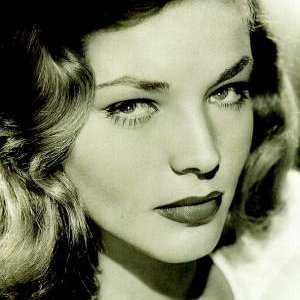Francis Ford Coppola's "Bram Stoker's Dracula"
...is not Bram Stoker's Dracula. When I saw it in the early '90s – five or six years after having read the novel for the first time – I thought that, however unfaithful it was to the book in characterization and cultural context, at least it had fidelity to plot going for it. Having just seen it again (mainly out of a feeling that I needed to refresh that fragment of my cultural competence [I didn't know who Gary Oldman was when he was chosen for the role of Sirius Black in Harry Potter 3]), only a few weeks after having seen the original Dracula Dracula (the one with Bela Lugosi, as distinguished from the Nosferatu Dracula), I can't even grant that anymore. I don't think it's any more or less faithful to Stoker's plot than the original. It's just a matter of different divergences. Although I haven't Googled around to check, I assume there are plenty of detailed discussions of how FFC's Dracula is not Bram Stoker's; so I'll just briefly list my main gripes.
First, love. Stoker's Dracula is not a love story. Stoker's Dracula did not love Mina, nor she him; and he was not nice to her. Second, sex. In these post-'60s days, few people seem capable of distinguishing between the erotic and the sexual, and Coppola is not one of them. Stoker employed eroticism as a device to enhance the threats to Victorian England represented by Dracula. Coppola may have picked up on allusions to the bestiality of sex, but for Stoker and his peers, that was a bad thing. (Henry James wrote The Turn of the Screw at the same time as Stoker wrote Dracula, and lit-crit explications of its putative horror [frankly, I think it's pretty lame for a ghost story] mostly focus on a non-erotic sexual theme that is ostensibly made central by never being mentioned at all.)
FWIW, I saw Coppola's Supernova when it came out a few years back. That drove me nuts. The cinematography is in the constantly-shifting and -tilting style that was briefly popular in advertising at the time. While that's tolerable during a 30-second TV ad, it's at best distracting and at worst nauseating over 90 minutes. Sure, the man made The Godfather and Apocalypse Now; but as far as I can tell, the rest of his directorial oeuvre consists of stinkers. Even when those thousand monkeys with a thousand typewriters finally do churn out Shakespeare's works, they'll still be monkeys.
First, love. Stoker's Dracula is not a love story. Stoker's Dracula did not love Mina, nor she him; and he was not nice to her. Second, sex. In these post-'60s days, few people seem capable of distinguishing between the erotic and the sexual, and Coppola is not one of them. Stoker employed eroticism as a device to enhance the threats to Victorian England represented by Dracula. Coppola may have picked up on allusions to the bestiality of sex, but for Stoker and his peers, that was a bad thing. (Henry James wrote The Turn of the Screw at the same time as Stoker wrote Dracula, and lit-crit explications of its putative horror [frankly, I think it's pretty lame for a ghost story] mostly focus on a non-erotic sexual theme that is ostensibly made central by never being mentioned at all.)
FWIW, I saw Coppola's Supernova when it came out a few years back. That drove me nuts. The cinematography is in the constantly-shifting and -tilting style that was briefly popular in advertising at the time. While that's tolerable during a 30-second TV ad, it's at best distracting and at worst nauseating over 90 minutes. Sure, the man made The Godfather and Apocalypse Now; but as far as I can tell, the rest of his directorial oeuvre consists of stinkers. Even when those thousand monkeys with a thousand typewriters finally do churn out Shakespeare's works, they'll still be monkeys.


0 Comments:
Post a Comment
<< Home